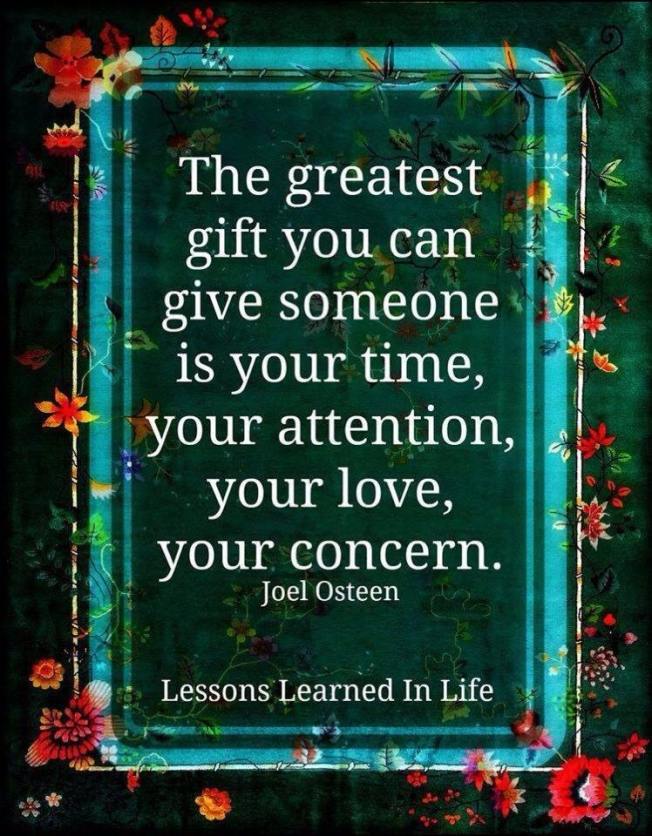Have you ever tried to look at yourself in the mirror without judgment? I mean, simply observe your reflection without commenting in your mind on what you see? It’s really hard, isn’t it?
The actual reflection is the real you – everything else you think about what you see is unreal. The things that we think when we view the reflection – old, ugly, fat, skinny, pimply, undeserving, bad, monstrous – are the stories we layer upon reality. They’re not real, but we act and live as if they are.
I heard a story recently about a landmark house whose original owners made their sons paint the inside walls as punishment for misbehaving. When the home was restored not long ago, more than 50 layers of paint were found on those walls and had to be peeled away, layer by layer.
One of the goals of meditation and mindfulness is to find the real person inside of us. The real person is the original, unpainted wall – but throughout our lives we have added layer after layer of self-judgment so that the real person is no longer visible. We have convinced ourselves that we are bad, that we do not deserve good things, that we have earned our suffering and do not deserve to be free of it. We have labeled ourselves gluttons, liars, perverts, thieves, cheaters, and many other unpalatable titles. But those are not who we are – they may describe things we have done, but they are not us.
For example, almost everyone lies at one time or another – that does not make one a “liar.” Liar is a label we attach to ourselves because – as astounding as it is to grasp – it is simpler for us to believe that we are incapable of telling the truth than it is to wrestle with the notion that being a natural human being and lying are not mutually exclusive. We are so hard on ourselves, so quick to judge ourselves (far quicker than we are to judge others, and that’s pretty quick), that it is easier to accept the delusion that we are inherently bad than it is for us to accept that we sometimes do things we would prefer not to do. The healthy path is to show remorse and to make amends when we have hurt another person; the path we more often take is the one of self-recrimination, self-loathing, and self-punishment.
Through a practice of meditation and mindfulness, we strip away the labels and judgments that we have laid upon ourselves, slowly but surely, until all that is left is the true person beneath. At the same time we are stripping away those falsehoods, we learn not to add any more layers, concoct any more stories, apply any more labels. We learn to treat ourselves with compassion, to love ourselves – the true selves that are buried beneath dozens of layers of untruths we tell ourselves.
The common translation of the Summary of the Law has Jesus saying, “Love your neighbor as yourself.” But if we loved our neighbors the way we really “love” ourselves, we wouldn’t be doing them any favors. We often treat others far better than ourselves, are more willing to show them compassion, to cut them a break, to give them the benefit of the doubt, than we are ourselves.
What many of us really need to do is to learn to love ourselves as we love others. When we learn to do that, then our ability to love others and act compassionately toward them will grow by leaps and bounds.
If you’re interested in hanging with people interested in meditation, mindfulness, and spiritual growth, come check out the Dharma Beginner page on Facebook, and follow us on Twitter @dharmabeginner.
